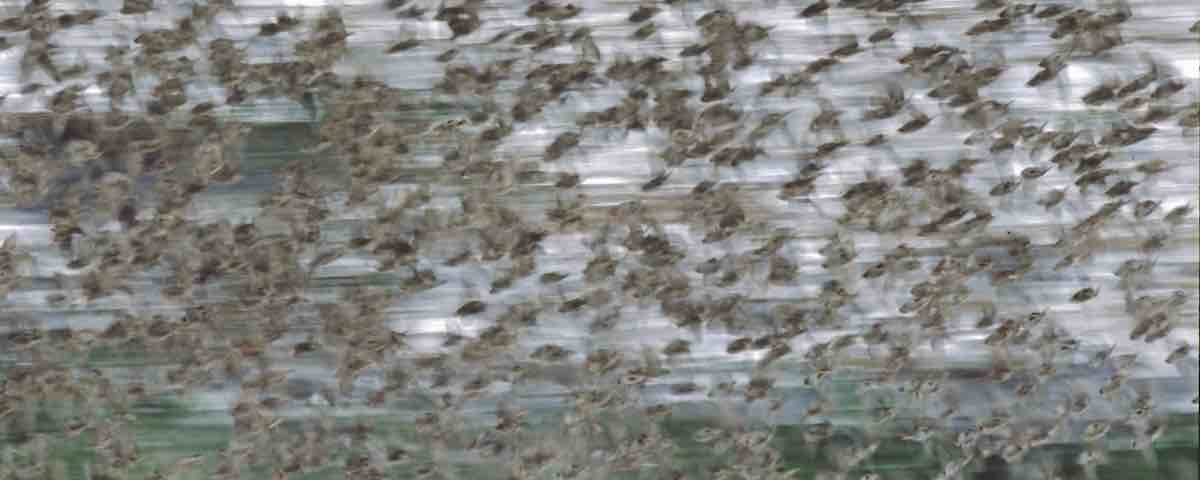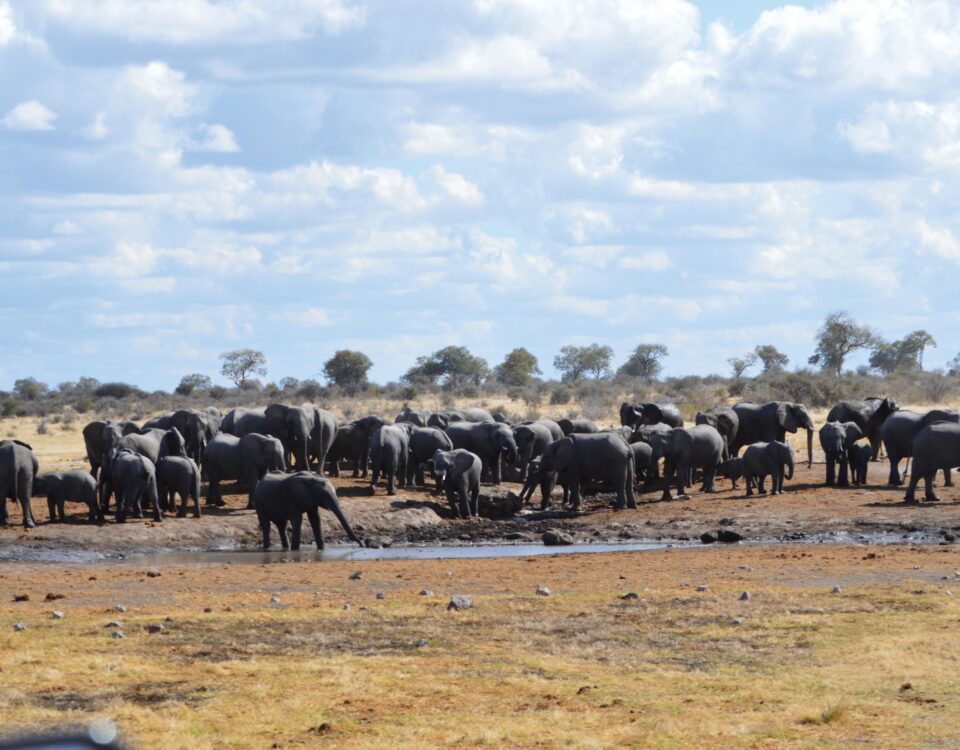Safari Food Solutions: Al fresco, pronto!
August 27, 2019Yoga at African Monarch Lodges
August 27, 2019[vc_row][vc_column][vc_column_text]
If this story will not motivate you to start birding you can just as well die and never be able to enjoy life to its fullest. If you are an anti-social animal, birding is for you. If you are a party animal and crowd-pleaser you will even like it that much more, entertaining your guest with another wonderful sighting of your first 50 birds (mossies?). You can even join a bird club and meet some wonderful new people who will explain to you how uninformed (stupid) you are, to boost your morale.
Text and Photographs Pompie Burger[/vc_column_text][vc_column_text]
Birding is primarily for fun, enjoyment and for being able to go to a game park, not seeing the Big Five but still enjoying every moment without getting bored, or fighting with your wife. The other option is to turn your CD player so loud (Bird on a Wire) that you do not need to listen to the constant complaining of your kids about when they will see the lion that you promised. Yet another wonderful birding option is sitting on your stoep watching and listening to the birds in your garden entertaining you with their constant joyful singing.
I think that most of the gesoute (seasoned) birders will tell you that they all started off by listing their birds as they went along exploring the world of birds. I followed that way myself, with – I must confess – much enthusiasm.
My personal choice was to tick the birds in my Roberts as I spotted them. Looking back, paging through my first Roberts, I ticked a few birds which make me think that I might be the only birder that has seen them. But who cares, as long as you enjoy it, it does not really matter.
The best place to start is on your doorstep, that is if you have a garden, or a doorstep. Interesting enough: if you are not into gardening and let nature have its own way, you will probably attract more fascinating birds than your neighbour with his exotic plants and trees. Somehow birds find nature as God made it much more appealing than our own efforts to beautify it. This is also the place where you will learn a lot about bird calls (and your family) by just being able to sit, watch and listen.
Maybe I should mention that there are a few things you need before you start. Most important is patience, which is for free. A bird book is non-negotiable. Which book to buy is a problem, some will tell you Roberts is the best while others recommend Sasol. If you are Basie you would prefer a black and white picture so that you could do the colouring yourself. The options are endless and the market for these books is ever increasing. As for myself, I prefer the books published by Namibian photographer Pompie Burger (available at all good book shops in Namibia). All the money goes directly to the author’s pocket, so don’t be shy, buy one for your friend and make somebody happy.
[/vc_column_text][/vc_column][/vc_row][vc_row][vc_column width=”1/3″][vc_single_image image=”59579″ img_size=”full”][vc_single_image image=”59582″ img_size=”full”][/vc_column][vc_column width=”1/3″][vc_single_image image=”59584″ img_size=”full”][vc_single_image image=”59576″ img_size=”full”][/vc_column][vc_column width=”1/3″][vc_single_image image=”59580″ img_size=”full”][vc_single_image image=”59577″ img_size=”full”][/vc_column][/vc_row][vc_row][vc_column width=”1/2″][vc_separator color=”custom” style=”dotted” border_width=”3″ accent_color=”#8aa750″][vc_column_text]
FROM TOP LEFT TO BOTTOM RIGHT
• For the entomologist: look closely and you may ID what is in the bill of this Ground Hornbill.
• A rather easy one to ID, a Burnt-necked Eremomela.
• Raptors can be difficult to ID, when immature it is almost impossible – like this Gymnogene.
• Wattled Cranes are found in the Zambezi Region.
• Even raptors like this Bateleur can be colourful.
• Hornbills are among the most common and well-known birds. This is one of Namibia’s seven hornbill species: the Red-billed Hornbill.
• A surprise visitor to our garden, a Little Sparrow Hawk.
• Start your birding career with beautiful birds like this Marico Sunbird.
• For the cattle-lover, this Oxpecker can protect cattle from ticks.
• If you are not into birds you can even see the odd fish when birding.
[/vc_column_text][vc_separator color=”custom” style=”dotted” border_width=”3″ accent_color=”#8aa750″][/vc_column][vc_column width=”1/2″][vc_column_text]
Binoculars (loerpypies in the Netherlands) are probably the most expensive item you need. Again, the options are numerous. Get the best, if you are a rich man/woman. (Our first binoculars were bought with money my mother-in-law gave us to buy chairs for our sitting room). It will be a once-off expense and your frustrations will be that much less. If you want to make the correct ID with less than excellent binoculars you will probably see new birds – birds that have never been seen and identified before and your tick list will grow in leaps and bounds. Beware of too heavy binoculars because if you are walking/hiking while birdwatching it can become a bit of a sweaty expedition. A spotter-scope (similar to the telescope found at Cape Canaveral) is a good choice but you will see so many birds that it will confuse you, so wait with that till you can call yourself a pro.
Remember that wherever you go there will be birds, so always have your binoculars and bird book with you.
Where to watch birds is a million-dollar question. The opportunities in Namibia are endless, but try to start at places where you will be able to see lots of birds (quality and quantity). The somewhat underwhelming places can wait until you start looking for Dune Larks and other LBJs. My favourite place is still the Zambezi Region, where you will be able to see well over 400 of Namibia’s 640+ species. Etosha National Park is well known for its big 5 or 6, but the bird life is even better, in fact exceptionally good. Spending time in the rest camps is one of your best options, because of the availability of food (trees and shrubs) and water. The birds there are also more tame and approachable.
[/vc_column_text][/vc_column][/vc_row][vc_row][vc_column width=”1/2″][vc_single_image image=”59575″ img_size=”full”][vc_column_text]
I will probably end up in the bad books of the real birders if I do not mention the coastal birds.
The Walvis Bay Lagoon is not a bad place to start, especially if you want to see numbers, but take care not to end up being frustrated by the number of unidentifiable grey and white birds.
The terminology is one of the next obstacles that you will have to master, i.e. not bird names but your co-birders’ vocabulary. Consult your dictionary or Google for words like Tickers, LBJ, Lifers etc.
If after reading this you think that I have overdone the enjoyment, the wonderful, entertaining and beautiful words and adjuncts, forgive me – once you’ve started birding you will probably understand why.
[/vc_column_text][vc_column_text]This article was first published in the Winter 2019 issue of Travel News Namibia.[/vc_column_text][/vc_column][vc_column width=”1/2″][vc_single_image image=”59581″ img_size=”full”][vc_single_image image=”59594″ img_size=”full”][vc_single_image image=”59578″ img_size=”full”][/vc_column][/vc_row]


